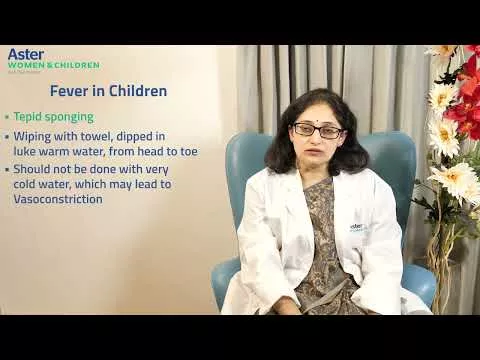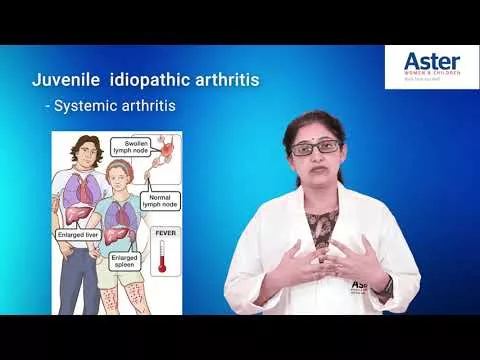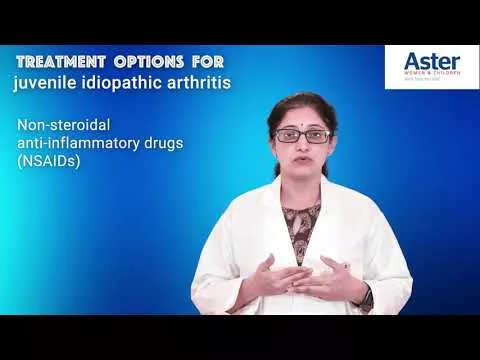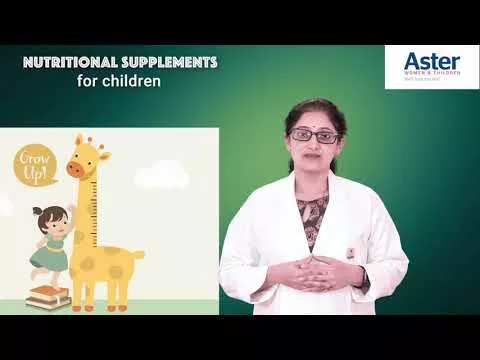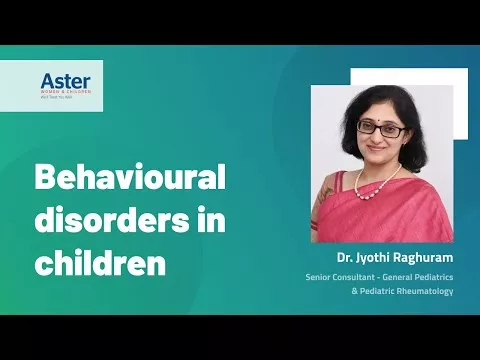Stomach worm diseases are the most common type of disease across India and the world, prevalent due to unhygienic conditions and poor sanitation, the major cause behind which is lack of awareness, ignorance, and illiteracy. These stomach worm diseases, also known as helminthiasis (helminths is a scientific term used for worms),are commonly caused by soil-transmitted helminths.
The most common causes of stomach worm diseases in children and adults in our country are
- Drinking contaminated water: drinking unfiltered water from ponds and stagnant water bodies is still a common practice in rural parts of the country which leads to worm infestation
- Poor hygiene and sanitation: The lack of proper sanitation facilities and the practice of defecating in open grounds, which is quite common in rural parts of our country leads to exposure to a fecal pathogen.The larval /egg stages are deposited in the feces and create itching in the bottom. Through itching, the eggs are deposited in the nails and lead to re-infection when the child takes his hands into his mouth.
- The larval /egg stages are deposited in the feces and create itching in the bottom. Through itching, the eggs are deposited in the nails and lead to re-infection when the child takes his hands into his mouth.
How do stomach worms enter our bodies?
Worms or helminthes are multi-cellular organisms that belong to Phyla Nemethelminthes(roundworms) or Platyhelminthes (flatworms) which live as parasites in the gut of human beings and complete some part of their life cycle there. They enter into the gut of humans through contaminated soil, water, and food. The eggs of the stomach worms can unknowingly enter your body while preparing food, drinking contaminated water, or touching soil that is contaminated. Touching the objects or surfaces having worms left by the unwashed hands of the person having worms in the stomach can also make worms enter your body.
Sometimes, the disease-causing stomach worms, like roundworms and tapeworms, in children may pass through the stool. Fatal conditions, which cause complications like intestinal obstructions or migration to other organs of the body like the brain, liver, and lungs, are rarely seen.
Types of worms that cause disease in the stomach
Common types of stomach worms that cause disease in children and adults are namely;
| Sr. | Name of the disease-causing worm | Phylum |
|---|---|---|
| 1 | Roundworm (Ascaris lumbricoides) | nemathelminthes |
| 2 | Whipworm(trichuriasis trichiura) | nemathelminthes |
| 3 | Bookworm(Ancylostoma duodenale) | nemathelminthes |
| 4 | Tapeworms (Taenia saginata and solium) | Platyhelminthes |
| 5 | Pork tapeworm larva(Taenia solium) | Platyhelminthes |
| 6 | Echinococcus(E.granulosus) | Platyhelminthes |
| 7 | Echinococcus(E.multilocularis) | Platyhelminthes |
| 8 | Pinworm (Enterobius vermiculus) | nemathelminthes |
General symptoms of stomach worms
According to the best paediatrician in Bangalore, in most cases, stomach worm infections are mild or asymptomatic. General symptoms for stomach worms may include growth retardation or poor weight gain, nutritional anaemia, suboptimal academic performance.
Some worms can cause severe disease:
Roundworm (Ascaris lumbricoides)
- Pulmonary symptoms include wheezing, cough, breathlessness
- Intestinal symptoms can be summarized as; abdominal pain, distension, nausea, and episodic diarrhea. Sometimes it may also lead to intestinal obstruction
- Rash, angioedema, abdominal pain, and vomiting may occur due to allergies.
Hookworm (Ancylostoma duodenale)
- Itch at the site of entry of larva may arise as skin symptoms.
- Disease in its chronic form may appear as anemia due to blood loss and edema (swelling) due to protein loss
Whipworm (Trichuris trichiura)
- Abdominal symptoms appear as Trichuris Dysentery syndrome, which is identified by inflammation, tenesmus(painful defecation), straining and rectal prolapse, and colitis.
- The heavy infection leads to growth retardation and anemia
Tapeworms (Taenia saginata and solium)
- Abdominal symptoms appear as discomfort and perianal itching sometimes.
- There can be psychological issues such as distress seeing proglottids in stool and undergarments.
Pork tapeworm larva (Taenia solium)
If the worm migrates to other parts of the body such as eyes or brain it can lead to symptoms
- Seizures (fits)
- Decreased vision
- Vitreous and retinal detachment
Pinworm (Enterobius vermicularis)
- Irritability and sleeplessness
- Itching around the anus
Diagnosis and investigation of stomach worm diseases
- Stool examination is done for Ascaris, Ancylostoma, Necator, and Trichuris; eggs or larvae may appear and can be easily diagnosed on microscopic examination. In the case of Enterobius infections eggs are found in the folds of the skin.
- A blood examination is performed for Eosinophilia.
- Ultrasound gives direct visualization of worms or intestinal obstructions
- CT scans and MRI are additionally used for diagnosis in case of cyst formation.
Treatment of stomach worm diseases:
Medicines for curing stomach worm diseases have been classified into;
- Benzimidazoles: that bind to beta-tubulin and inhibit microtubule formation which leads to damage of the cells in nemathelminthes, e.g, mebendazole, and albendazole. The recommended dosage of these medicines, for children below the age of 2 years is 200 mg one dose, and between 2-19 years is 400 mg one dose. It can be repeated 2 weeks later. If no response seen, Pyrantel pamoate 11 mg/kg maybe given as 3 doses in 1 day, followed by one dose 2 weeks later.
Surgery is performed in the case of a ruptured cyst, large pulmonary cyst, cyst with biliary fistula, or cysts found in the brain and bones in chronic situations.
Preventive measures against stomach worm diseases:
- Hand washing before meals and after play.
- Wearing slippers and avoiding walking barefoot in soil or muddy areas.
- Drinking safe and pure water.
- Eating properly cooked food.
- Washing fruits and vegetables in safe and clean water.
- Trimming nails.
Efforts made by the Government of India to combat stomach worm diseases:
- Govt. of India has fixed a day in schools and Anganwadi as National Deworming Day to deworm all children from 1-to19 years of age. This day is conducted across the nation on the 10th of February with a mop-up day on the 15th of February.
- Albendazole, is used by India, and is considered a safe treatment for stomach worms and is used across the globe.





